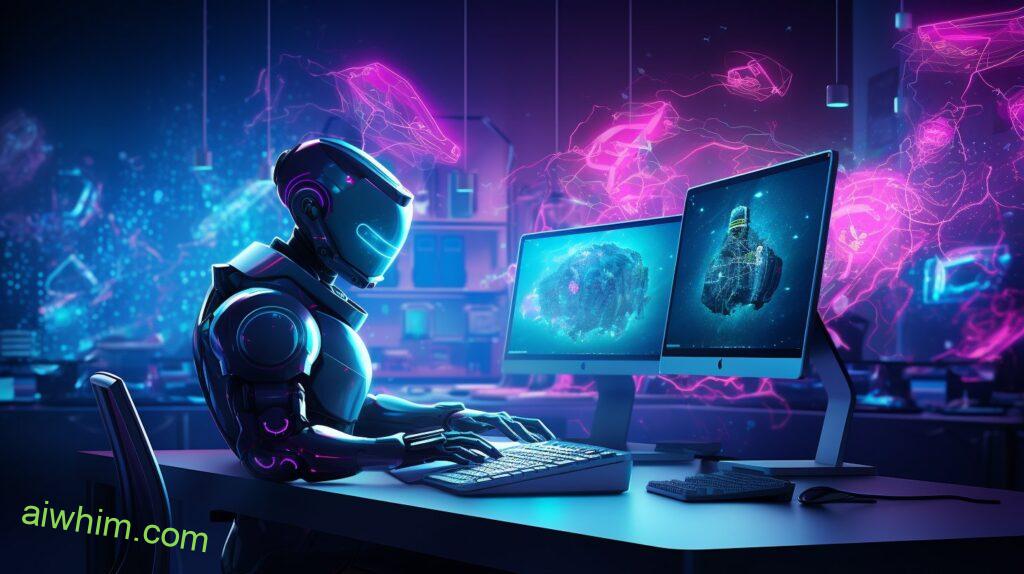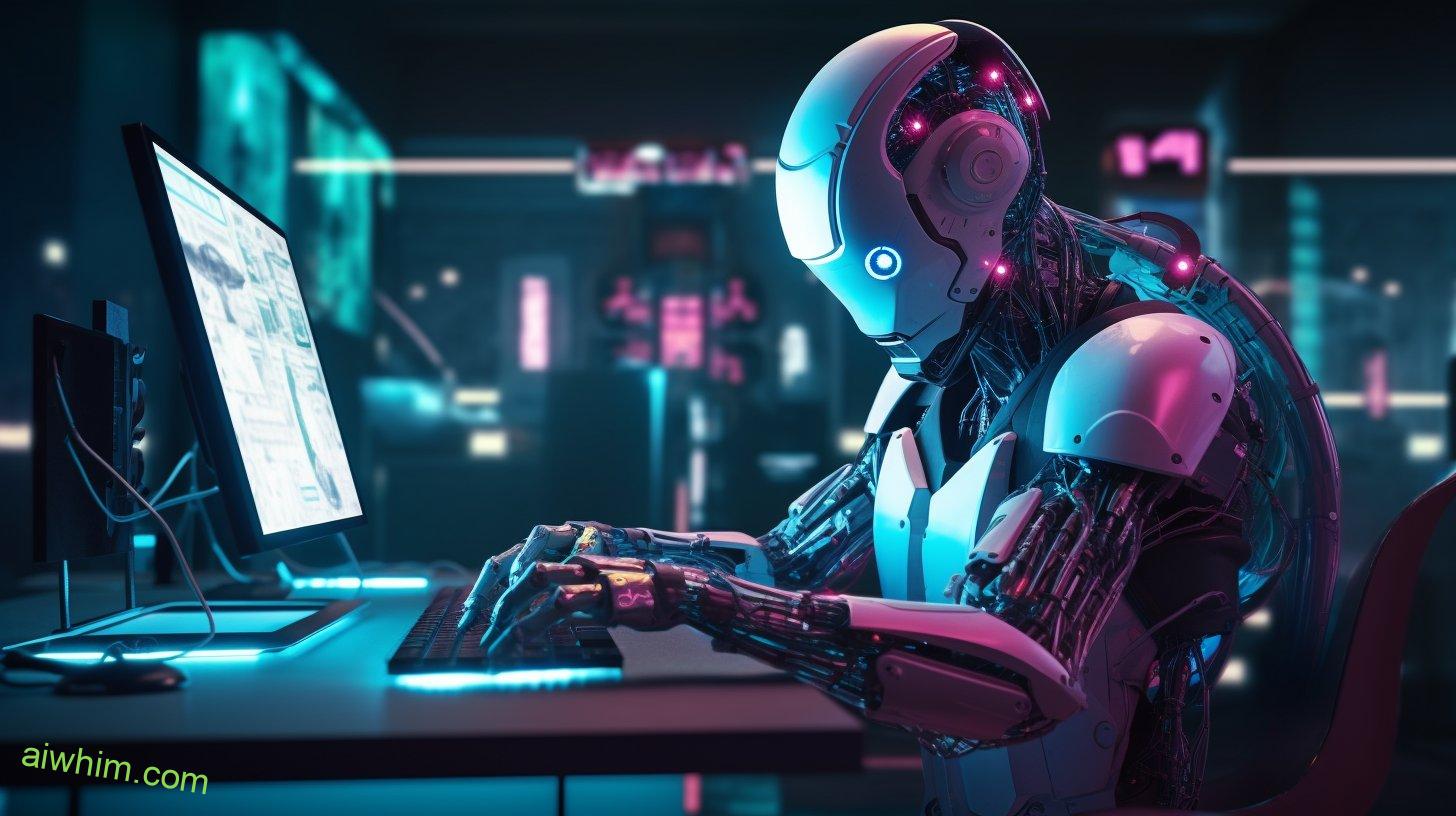Do you ever wonder if your job as a medical scientist could be taken over by AI?
The rise of artificial intelligence in healthcare research is transforming the way medical diagnosis is conducted and even impacting drug discovery and development.
However, while there are challenges and limitations to AI in the field of medical science, it’s important to consider the future implications of an AI-driven job market.
In this article, we will explore whether AI has the potential to replace medical scientists and what that means for your freedom in choosing a career path.
Key Takeaways
- AI is unlikely to replace medical scientists entirely due to ethical concerns and integration challenges.
- AI can automate repetitive tasks, allowing medical scientists to focus on more complex and critical tasks.
- AI can improve accuracy and efficiency in medical research and decision-making processes.
- Collaboration between medical scientists and AI systems will lead to innovative solutions.
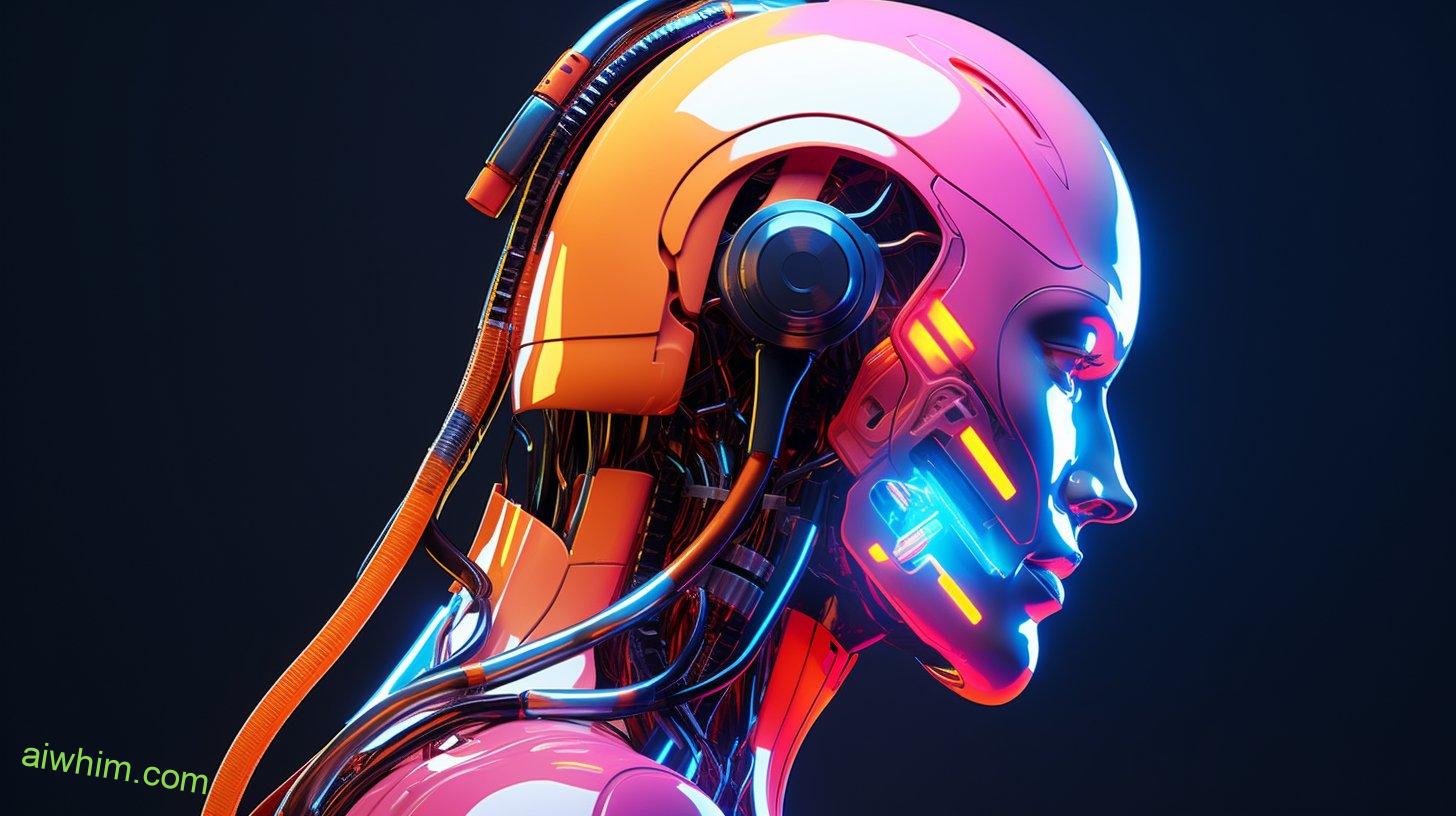
The Rise of AI in Healthcare Research
You might be wondering if AI will replace medical scientists in the job market, especially with the rise of AI in healthcare research. The integration of AI into healthcare has undoubtedly brought about significant advancements and improvements. However, it is essential to consider the ethical concerns and integration challenges that come along with this technology.
One of the main ethical concerns surrounding AI in healthcare research is privacy and data security. As AI systems collect and analyze vast amounts of patient data, there is a risk of unauthorized access or misuse. Medical scientists play a crucial role in ensuring that patient information remains confidential and protected. They have expertise in handling sensitive data and can make informed decisions regarding its usage.
Another concern relates to the potential bias present in AI algorithms. While these algorithms are trained on large datasets, they may still reflect underlying biases present in those datasets. Medical scientists possess critical thinking skills necessary to identify and address any biases that may arise during the development or implementation of AI technologies.
Integration challenges also exist when incorporating AI into healthcare research. The technology must seamlessly integrate with existing systems and workflows to ensure efficiency and accuracy. Medical scientists have extensive knowledge of current practices, allowing them to bridge any gaps between traditional methods and emerging technologies like AI.
In conclusion, while AI has made significant contributions to healthcare research, it is unlikely to replace medical scientists entirely. Ethical concerns surrounding privacy and bias require human oversight and decision-making capabilities that only medical scientists can provide. Additionally, integration challenges necessitate their expertise for successful implementation within existing healthcare systems.
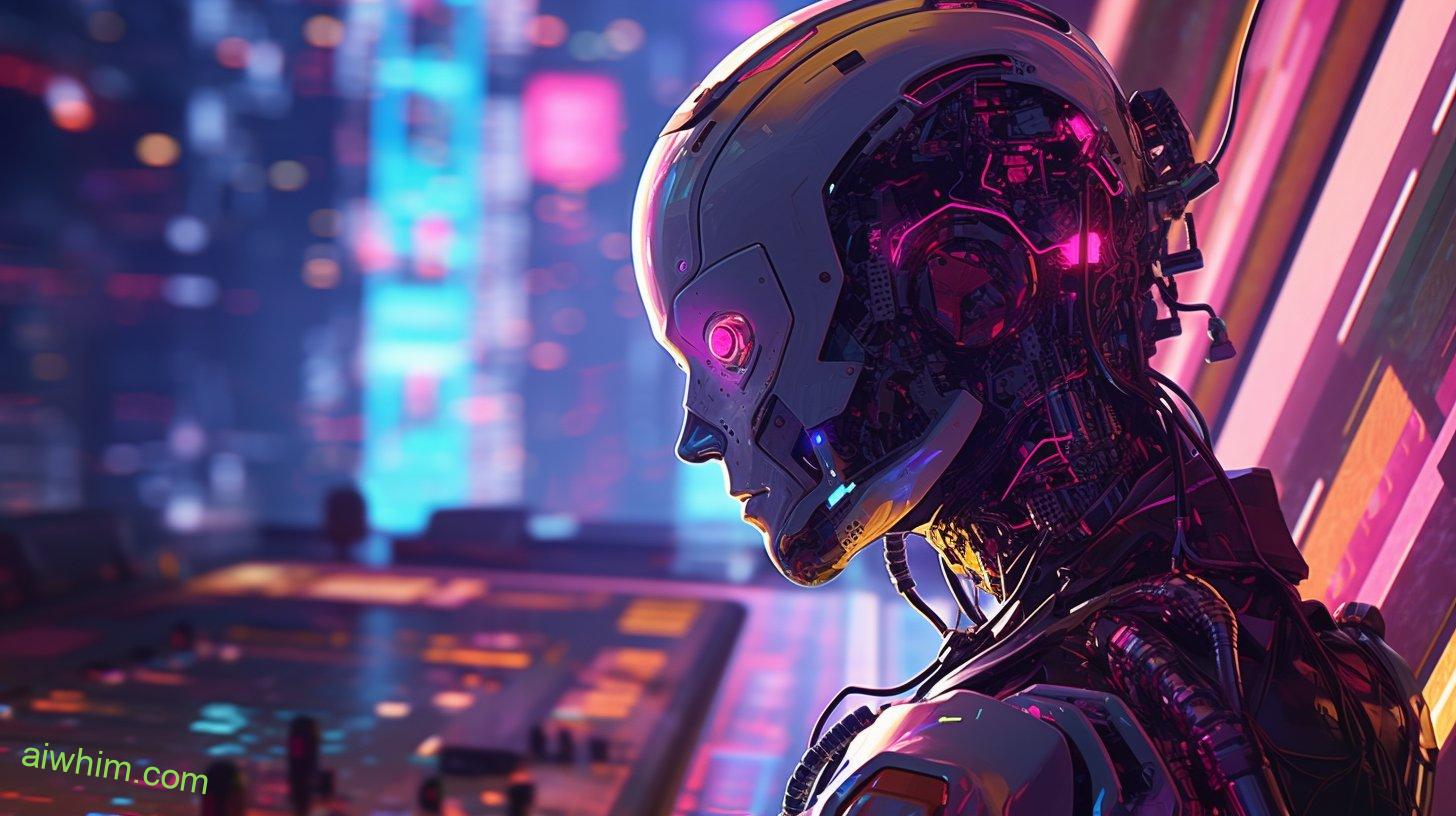
How AI Is Transforming Medical Diagnosis
The use of AI is transforming medical diagnosis, and its impact can be seen in various healthcare settings. Here’s how AI is revolutionizing the field:
- Machine learning algorithms: AI utilizes advanced machine learning algorithms to analyze large amounts of medical data. These algorithms can identify patterns and make accurate predictions, assisting doctors in making diagnoses.
- AI assisted diagnoses: With the help of AI, doctors can now receive automated suggestions and recommendations for diagnoses based on patient symptoms and medical history. This not only speeds up the diagnostic process but also improves accuracy.
- Ethical implications of AI in medical diagnosis: The use of AI raises ethical concerns regarding privacy, security, and bias. As more patient data is collected and analyzed by AI systems, ensuring the protection of sensitive information becomes crucial. Additionally, addressing biases embedded in the algorithms is essential to avoid unfair treatment or misdiagnoses.
- Impact of AI on patient care: By enabling faster and more accurate diagnoses, AI enhances patient care. It allows doctors to provide personalized treatment plans tailored to each individual’s needs. Moreover, with early detection enabled by AI systems, diseases can be diagnosed at earlier stages when they are more treatable.
- AI in medical imaging analysis: Medical imaging analysis plays a vital role in diagnosing conditions such as cancer or cardiovascular diseases. Through the use of deep learning algorithms, AI can analyze images from MRI scans or X-rays with high precision and efficiency.
- AI in early disease detection: Early detection is crucial for successful treatment outcomes. With the assistance of machine learning algorithms that continuously learn from vast datasets, AI systems can identify subtle signs or biomarkers that may indicate the presence of diseases even before noticeable symptoms appear.
As technology continues to advance, it is important to strike a balance between leveraging the benefits offered by artificial intelligence while also addressing ethical concerns surrounding its implementation in medical diagnosis.
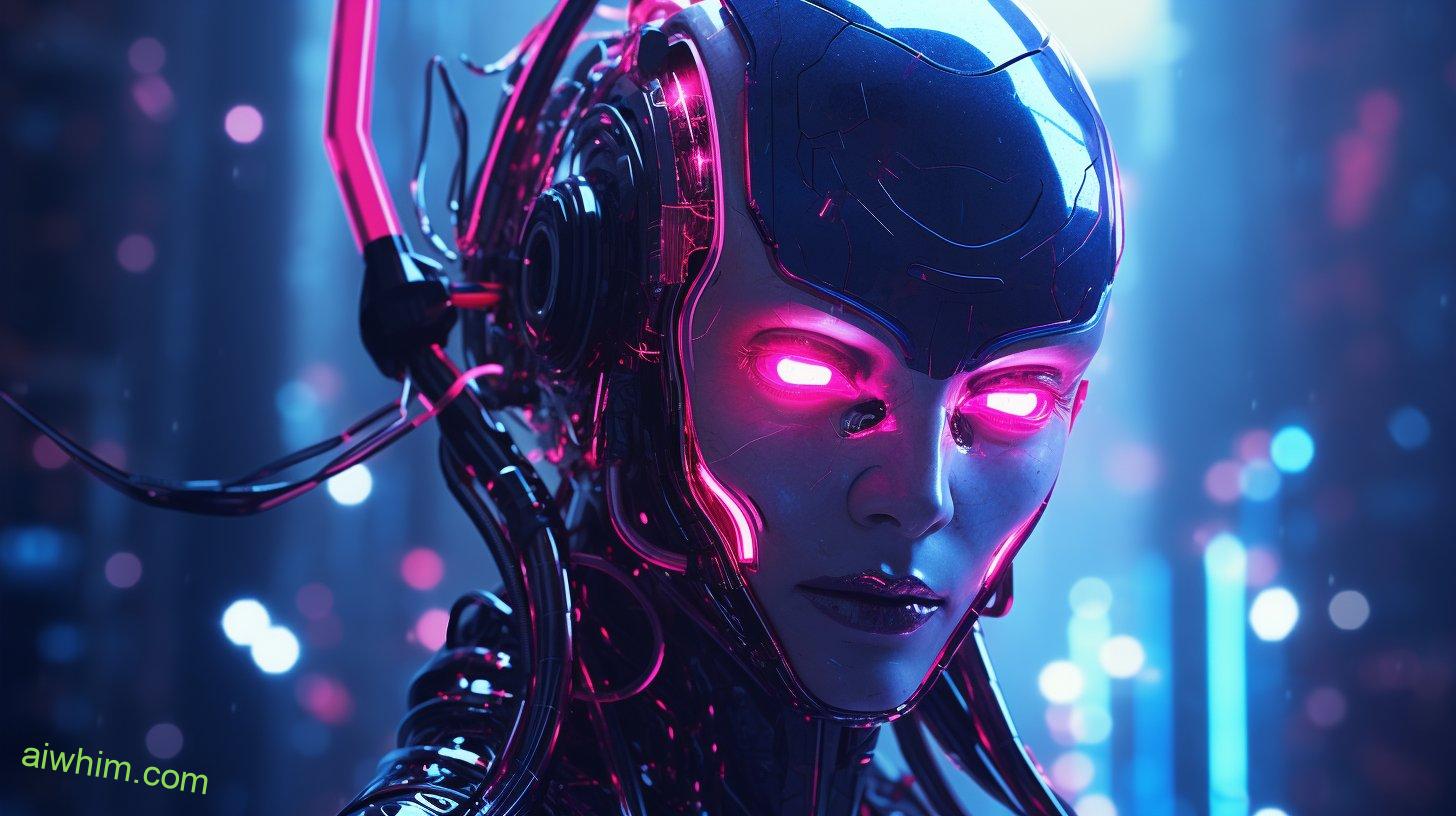
AI’s Impact on Drug Discovery and Development
Don’t underestimate the impact of AI on drug discovery and development. It has already revolutionized the process by accelerating research and improving outcomes. AI is transforming the way we approach drug development, making it faster, more efficient, and tailored to individual patients.
One significant area where AI is making a difference is in drug repurposing. By analyzing vast amounts of data and identifying patterns, AI algorithms can identify existing drugs that may be effective for treating other conditions than originally intended. This not only saves time but also reduces costs associated with developing new drugs from scratch.
Another remarkable application of AI in drug discovery is personalized medicine. With advancements in genomics and molecular biology, we now understand that individuals respond differently to medications due to genetic variations. AI can analyze an individual’s genomic data and predict which treatments are most likely to be effective or cause adverse reactions. This allows healthcare professionals to tailor treatments specifically for each patient, maximizing efficacy while minimizing side effects.
Furthermore, AI enables researchers to harness the power of big data and identify potential drug targets more efficiently. By analyzing enormous datasets containing information about genes, proteins, diseases, and clinical trials outcomes, AI algorithms can uncover connections that might otherwise go unnoticed by human scientists alone.

Challenges and Limitations of AI in Medical Science
Although AI has made significant advancements in drug discovery and development, there are still challenges and limitations that need to be addressed for its wider implementation in medical science. While the potential of AI in revolutionizing healthcare is undeniable, it is important to consider the ethical concerns and data privacy issues associated with its use.
- Ethical Concerns:
- AI algorithms rely on vast amounts of data, which raises questions about the sourcing and usage of this data. It is crucial to ensure that the data used for training AI models is representative and unbiased, as biased data can lead to discriminatory outcomes.
- The use of AI in medical decision-making brings up concerns about accountability. Who should be held responsible if an AI algorithm makes a wrong diagnosis or recommends an inappropriate treatment? Clear guidelines and regulations must be established to address these ethical dilemmas.
- Data Privacy:
- With the increasing reliance on AI in healthcare, there is a growing concern about the privacy of patient data. As AI systems process large amounts of sensitive information, it becomes essential to implement robust security measures to protect patient confidentiality.
- The aggregation and analysis of health-related data by AI systems could potentially result in unintended consequences such as unauthorized access or misuse. Stringent protocols for anonymization and encryption need to be implemented to safeguard patient information.
Addressing these challenges requires collaboration between experts from various fields including medicine, technology, law, and ethics. Striking a balance between harnessing the power of AI while ensuring ethical principles are upheld will pave the way for a future where medical science benefits from advanced technologies without compromising individual rights or privacy.
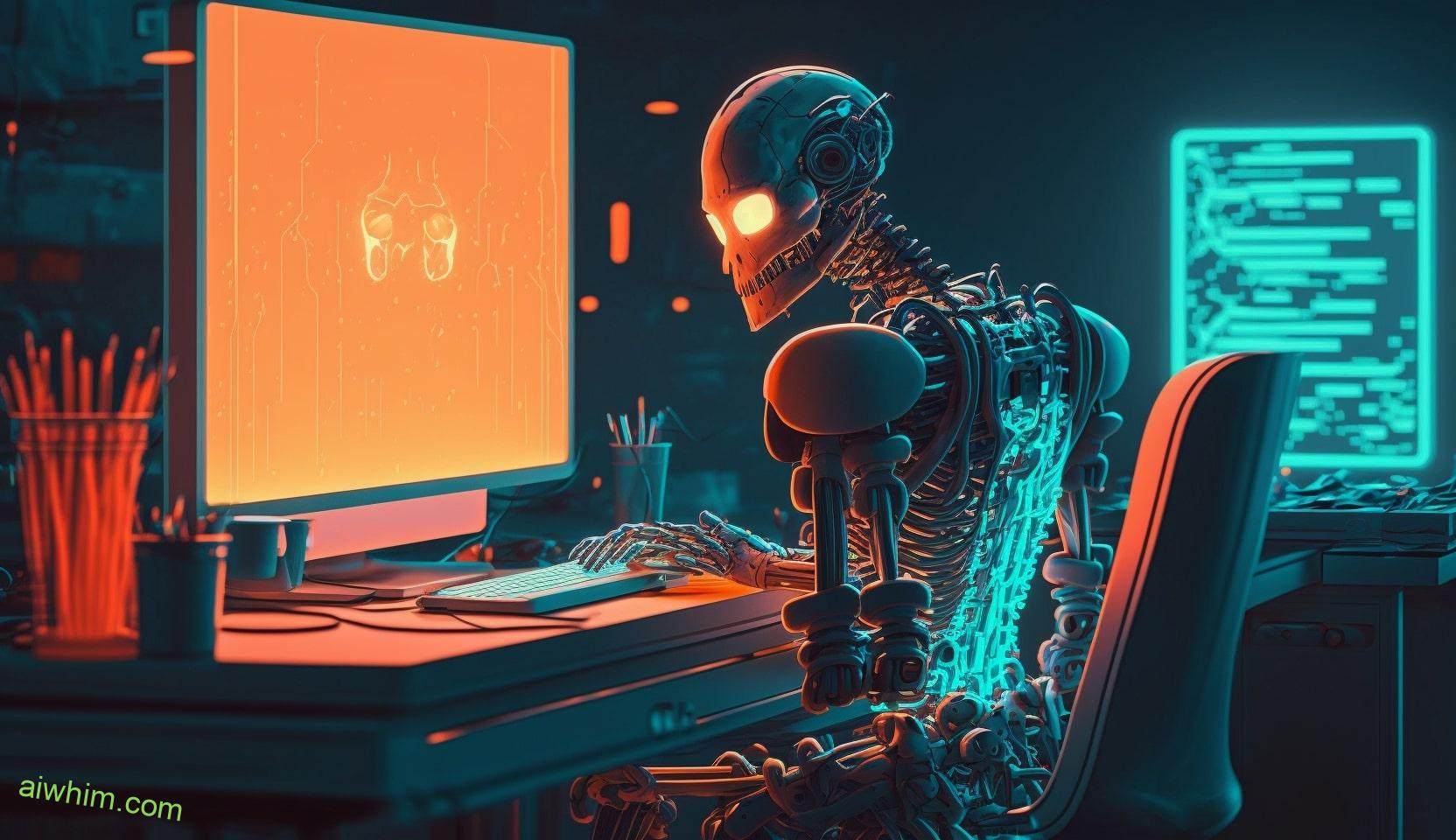
The Future of Medical Scientists in an Ai-Driven Job Market
You should embrace the advancements of AI in the medical field and consider how it may shape your future as a medical scientist. While there are concerns about AI replacing human jobs, particularly in the healthcare industry, the reality is that AI can greatly enhance the work of medical scientists rather than replace them entirely. In fact, the job prospects for medical scientists in the AI era are quite promising.
One of the key skills needed for medical scientists in this new era is an understanding of how to effectively utilize and interpret data generated by AI algorithms. As an aspiring medical scientist, you must be able to analyze and make sense of large datasets to discover patterns and trends that can lead to breakthroughs in diagnostics, treatment options, and patient care. Additionally, having a strong foundation in statistics and machine learning will allow you to collaborate with AI systems seamlessly.
In addition to technical skills, communication skills will also play a crucial role in your success as a medical scientist in an AI-driven job market. You need to be able to clearly communicate complex scientific concepts both within your team and with patients or other stakeholders who may not have a technical background. This ability to bridge the gap between technology and human interaction will be highly valued as more organizations integrate AI into their healthcare systems.

Frequently Asked Questions
What Are the Ethical Implications of Using AI in Healthcare Research?
Using AI in healthcare research raises ethical concerns regarding patient privacy and the potential reduction of healthcare costs. You should consider the implications of sharing personal medical data and how this technology might affect accessibility to affordable healthcare.
How Does AI Contribute to Personalized Medicine?
Hey there! Let’s talk about how AI contributes to personalized medicine. AI helps in drug development by analyzing massive amounts of data and predicting disease outcomes. It’s like having a super-smart assistant for doctors!
Can AI Completely Replace Human Judgment in Medical Diagnosis?
AI can enhance medical diagnosis, but it cannot completely replace human judgment. While AI has limitations, your expertise as a medical scientist is essential in interpreting complex cases and making informed decisions.
What Are the Potential Risks and Side Effects of Relying on AI for Drug Discovery and Development?
Relying on AI for drug discovery and development could lead to potential risks and side effects. It is important to consider the limitations and uncertainties of AI in this field, as human judgment remains crucial.
How Will the Job Market for Medical Scientists Evolve With the Increasing Integration of AI Technology?
As AI technology continues to integrate into the medical field, the roles of medical scientists will evolve. This evolution may have an impact on employment opportunities, but it also opens up new possibilities for growth and innovation in healthcare.
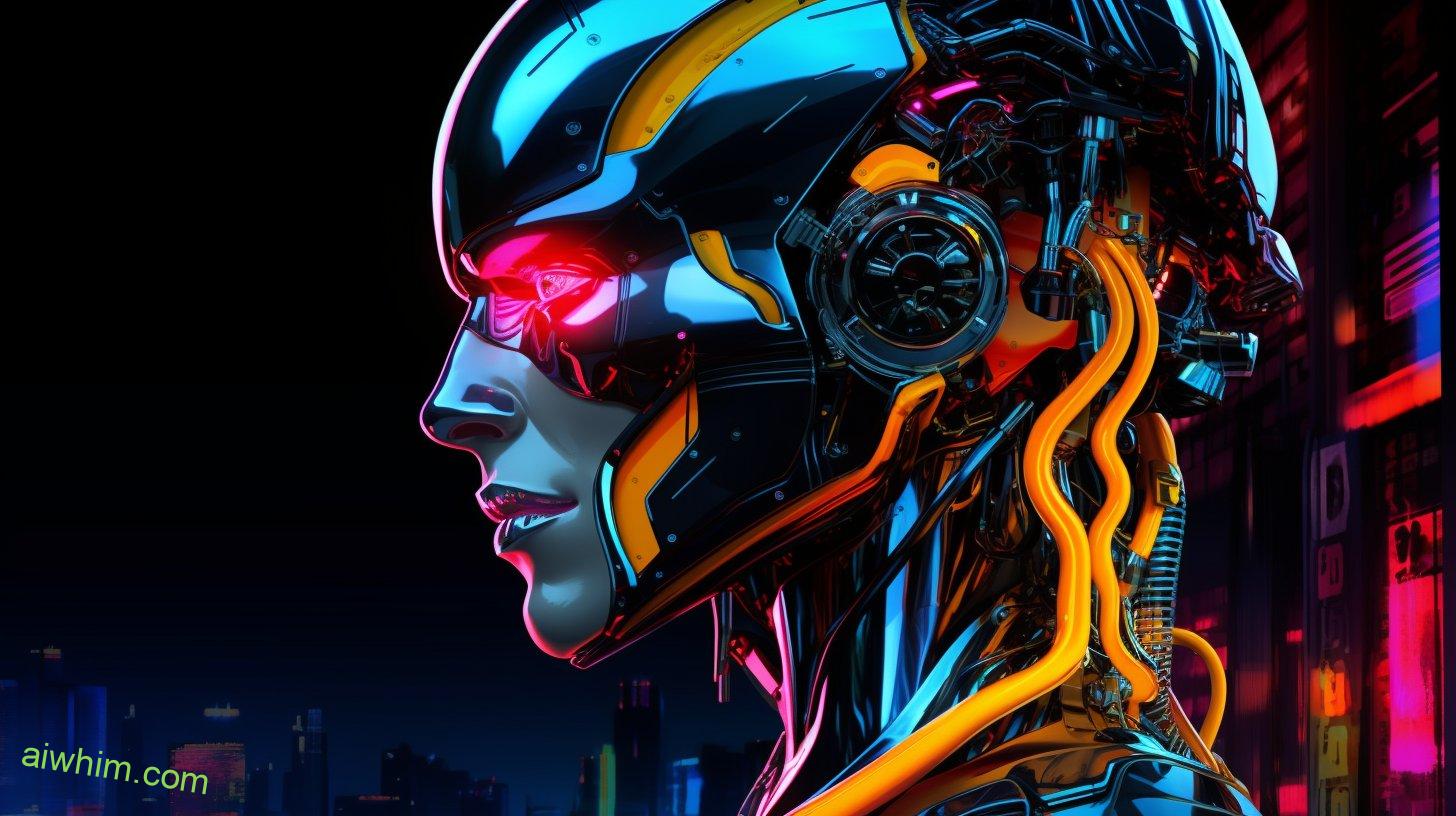
Conclusion
So, after all your hard work and dedication to becoming a medical scientist, you may be wondering if AI is going to swoop in and steal your job. Well, isn’t that just the cherry on top?
It seems like technology is always one step ahead, ready to replace us mere mortals. But hey, who needs human expertise and years of training when you can have a machine do it all?
So go ahead, sit back and watch as AI takes over the medical field. Who needs scientists anyway?

